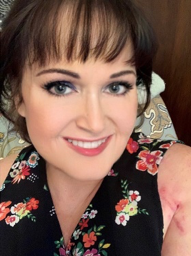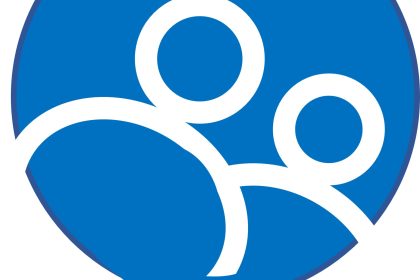By Randy Kesterson, https://www.linkedin.com/in/randykesterson
I’m a retired executive from industry and I now coach … well, I coach, advise, consult, mentor, facilitate, etc., etc.Coaching is but one hat that I wear while working on a typical engagement with a client. I also help clients withstrategy deployment, change management, and performance improvement. Today, I will focus on an engagementwhere I am helping a client achieve the desired outcomes with a large change project.
So, let’s talk about Coaching in Change Management. Full disclosure: My experience with Change Management farexceeds my experience with Coaching.
My Personal Discovery of Change Management
Twenty years ago, I was an Executive VP and COO running an international aerospace & defense manufacturingcompany. We had just acquired a company in Europe, and I was tasked with leading the integration. I wasimmediately struck by how difficult it was to make significant change, especially in organizations with significantlydifferent business cultures. This is when (out of desperate necessity) I discovered change management. I met JeffHiatt (the founder of Prosci) and then met Jeanenne LaMarsh (the founder of the firm by her name) and I was trainedand certified in both methodologies. I actually left my executive role in industry at the time and took a four-year, deep dive into the change management world. It was a fantastic experience, and I’ve used change management in executiveroles and advisory roles ever since. I’ve even written two books on the subject. Neither book is a million seller, butmy mother loves both of them (although I don’t think she’s actually read more than the first few pages).
My Personal Discovery of Coaching
I discovered coaching later in life. A few years ago, I was in a SVP Global Ops role with another internationalcompany, and I spent much of my time visiting people on my team based at 14 sites around the world. After returning home from one of these trips, while walking with my wife for exercise, she asked what I did while I wasaway. “Well, I coached some of my people,” I replied (rather proudly I might add). My wife, an HR professional andtrained coach, queried me on this. “Oh really?” she said, “What did you do?” I exuberantly explained my coachingapproach, and I can still remember her stopping in her tracks, laughing, and then declaring, “You’re not coaching,you’re just telling stories.” Damn it. She was right (again). When a member of my team would explain a problemthey were having, I would immediately go into my data bank of decades of experiences, find one that seemed to fit,and then use that story to explain how I had handled the situation. Most of the stories were funny (at least to me),because they involved how I had thoroughly messed up a situation. In telling the story, I was explaining a lessonlearned. It was a teaching moment – right? Maybe more mentoring than coaching? At any rate, soon thereafter, Isigned up for an International Coaching Federation (ICF) sanctioned class to learn what it meant to be a coach. After 60 hours of training and a lot of practice, I earned the right to join the ICF. I was still very much a newbie coach, but atleast I understood what it meant to be a coach.
For more information about Randy’s unique background, see http://randykesterson.com




